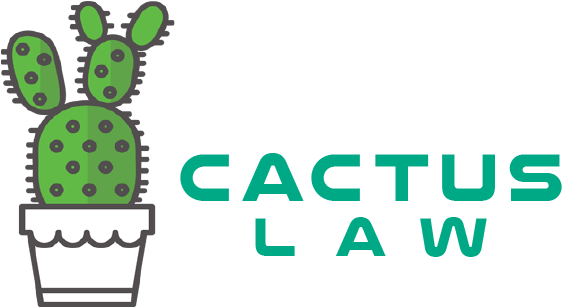What is Land Transfer Tax (LTT) and Who Pays LTT?

Land Transfer Tax (LTT) is a tax payable to the government upon the closing of a transaction for the purchase of either land or an interest in land.[1] Who Pays LTT?
In Canada, every province except Alberta and Saskatchewan impose a land transfer tax on those who purchase land.[1] However, some municipalities such as Toronto impose a Municipal Land Transfer Tax (MLTT) in addition to the provincial land transfer tax.[2]
While land transfer tax is to be paid anytime an individual purchases land, there are certain circumstances in which an individual does not need to pay land transfer tax. These include transfers that occur between: spouses; an individual to a family corporation; between family members when the transferred property is farm land; and charities.[3]
Additionally, individuals can receive a rebate on the amount paid in land transfer taxes if the individual is a first-time homebuyer.[4] This rebate is open to first-time homebuyers in Ontario, British Columbia, Prince Edward Island and the City of Toronto.[5] The eligibility criteria for receiving a rebate on land transfer tax is specific to each province offering the rebate.
How is LTT Calculated?
Typically, land transfer tax is calculated as a percentage of the amount paid for the land being acquired. The calculation of tax also accounts for any amount remaining on a mortgage or debt that has been assumed on the land.[6]
According to subsection 2(1) of the Ontario Land Transfer Tax Act, the rates of land transfer tax in the province are as follows:
- .5% of the value for up to and including $55,000;
- 1% of the value exceeding $55,000 up to and including $250,000;
- 5% of the value exceeding $250,000 up to and including $400,000;
- 2% of the value exceeding $400,000; and
- 5% of the value exceeding $2,000,000 when the land contains one or two single family residences.[7]
LTT in Estate Transfers
With a Will
If a sole property owner dies with a Will, the land transfers to the named beneficiary or beneficiaries stipulated in the Will. Where there is only one beneficiary, the land transfer tax is not payable.[8] This type of situation is not taxable because the transfer itself occurs by operation of a legal instrument; otherwise known as the will.[9] Land transfer tax statements should clarify that the transfer is going solely to one beneficiary.[10]
Without a Will
When a property owner has not made a Will and subsequently dies, the Succession Law Reform Act governs which individual(s) are entitled to the property.[11] Where there is only one beneficiary, the land transfer tax is not payable because there is no value for consideration of the transferred property.[12]
If there is more than one beneficiary, the land transfer tax is payable.[13] Likely, this is because there has been a consideration for value. For instance, if one of the beneficiaries takes the sole rights to the property and leaves the remaining value of other assets in the estate to the other beneficiary, tax is payable on the value of said assets because consideration has been given to obtain sole rights to the property.[14]
[1] Government of Ontario, “Land Transfer Tax”, (6 April 2021), online: Government of Ontario Ministry of Finance https://www.fin.gov.on.ca/en/tax/ltt/index.html.
[2] Ratehub, “Land Transfer Tax”, (10 February 2021), online: Ratehub https://www.ratehub.ca/land-transfer-tax.
[3] Ibid.
[4] Government of Ontario, supra note 1.
[5] Ratehub, supra note 2.
[6] Ibid.
[7] Government of Ontario, supra note 1.
[8] Land Transfer Tax Act, RSO 1990, c L.6, s 2(1).
[9] Government of Ontario, “Land Transfer Tax Frequently Asked Questions”, (8 December 2016), online: Government of Ontario Ministry of Finance https://www.fin.gov.on.ca/en/tax/ltt/faq.html.
[10] Ontario Real Estate Law Guide – Taxes, “Land Transfer Tax” (2021).
[11] Government of Ontario, supra note 9.
[12] Ontario Real Estate Law Guide – Taxes, “Death of Registered Owner” (2021).
[13] Government of Ontario, supra note 9.
[14] Ibid.
[15] Ibid.
[1] Government of Ontario, “Land Transfer Tax”, (6 April 2021), online: Government of Ontario Ministry of Finance https://www.fin.gov.on.ca/en/tax/ltt/index.html.

